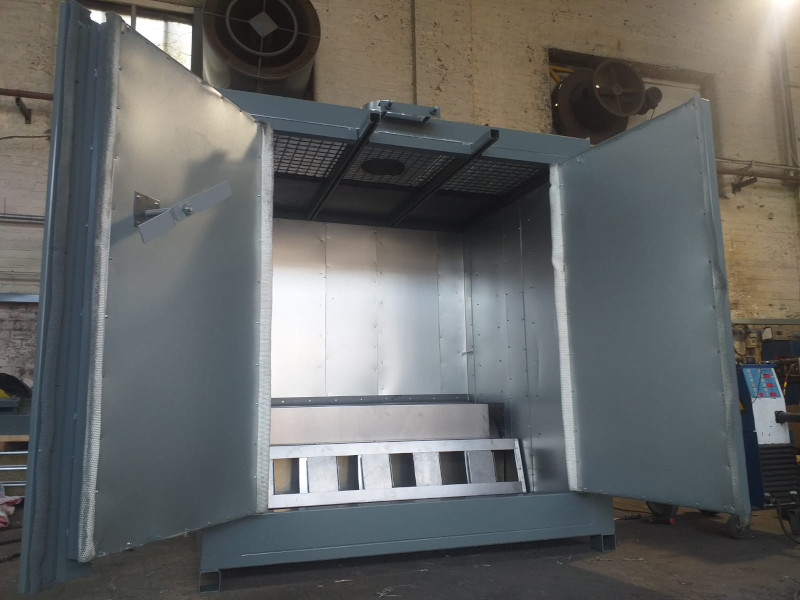Sludge buildup can seriously affect your septic tank and its environment. Regular cleaning is important, but it’s also necessary to keep a record of your tank’s sludge and scum layers and any leaks. It’s important to keep these records for reference of any repairs.
Less Frequent Septic Tank Cleaning
Less frequent septic tank cleaning is critical for the health of your family and the environment. Your system’s size and how much water you use can affect how often you need to clean it. More frequent septic cleaning Lake Villa, IL is necessary if you have a larger system. If you use less water, you may be able to do less frequent cleanings.
You should have a septic tank cleaned at least once every three years or if the tank has more than 1,000 gallons of water. The frequency will vary depending on how often you use the septic tank, the size of your house, and how many people live there. Regular cleanings will help your system last longer.
In addition to cleaning your tank every year, you should inspect your septic system at least once a year or more often if your system includes mechanical components. Check the sludge and scum levels in the tank and drain field. It is essential to check the drain field to ensure proper drainage periodically.
Environmental Problems Caused by Sludge Buildup
Building up sludge in a septic tank can have various negative environmental effects. In addition to reducing the effective volume of the tank, accumulated solids can also clog the soakaway. It can cause pipes to back up and unclean water to bubble to the surface.
Sludge buildup in a septic tank occurs when bacteria and other organisms break down incoming household waste. This solid waste then settles to the bottom of the tank. Finally, it combines with water to form a layer of scum. This layer results from aerobic bacteria breaking down the solid matter and releasing it into the sewer.
As sludge buildup increases, it reduces the capacity of a septic tank and prevents it from treating wastewater properly before discharging into the drain field. When sludge accumulates too high, it can even lead to the system failing. It can also cause the emergence of disease-causing bacteria and lead to water pollution.
Cost of Septic Tank Pumping
The cost of septic tank pumping varies from homeowner to homeowner, so comparing quotes is an important factor when choosing a reputable service. Most companies charge a flat rate for small and average-sized tanks and will charge more for larger tanks. Some companies also provide additional services, such as piping and tank filter replacement. Some companies also offer emergency services.
Usually, a septic tank needs to be pumped out every two to three years, though the exact interval can vary depending on the tank size and the number of people living in the house. A single person may be able to go ten years without a pumping, while a large family may need a pumping every two years or more.
To reduce the costs associated with septic tank pumping, try to limit the amount of water you use in the bathroom. For example, try only to use one sink at a time and minimize the number of activities that use a lot of water. Also, do your daily tasks without running the water, such as shaving, washing, and doing the dishes. You can also install water-saving faucets and showerheads. Lastly, avoid letting backwash, water softeners, and HVAC condensate lines enter your septic system.
Signs that Your Septic Tank Needs to be Pumped
A gurgling sound from the drain is one of the most common signs of a clogged septic system. It indicates that a full septic tank needs to be pumped. A variety of reasons can cause it. These include drains clogging or overflowing, weak toilet flushes, and gurgling sounds. You should call a septic service immediately if any of these signs occur.
Another sign that your septic tank needs to be pumping is a sewage backup. When the septic tank fills up, sludge will push back into your home, causing a foul odor and pooling water. It can also cause serious damage to your property, so it’s important to have the tank pumped as soon as possible.
Slow-draining pipes are another sign that your septic tank is full. While other plumbing issues may cause slow drains, they also indicate a full septic tank. If the drains in your home are slow, their sludge may block the drainage pipes and clog the piping system.




